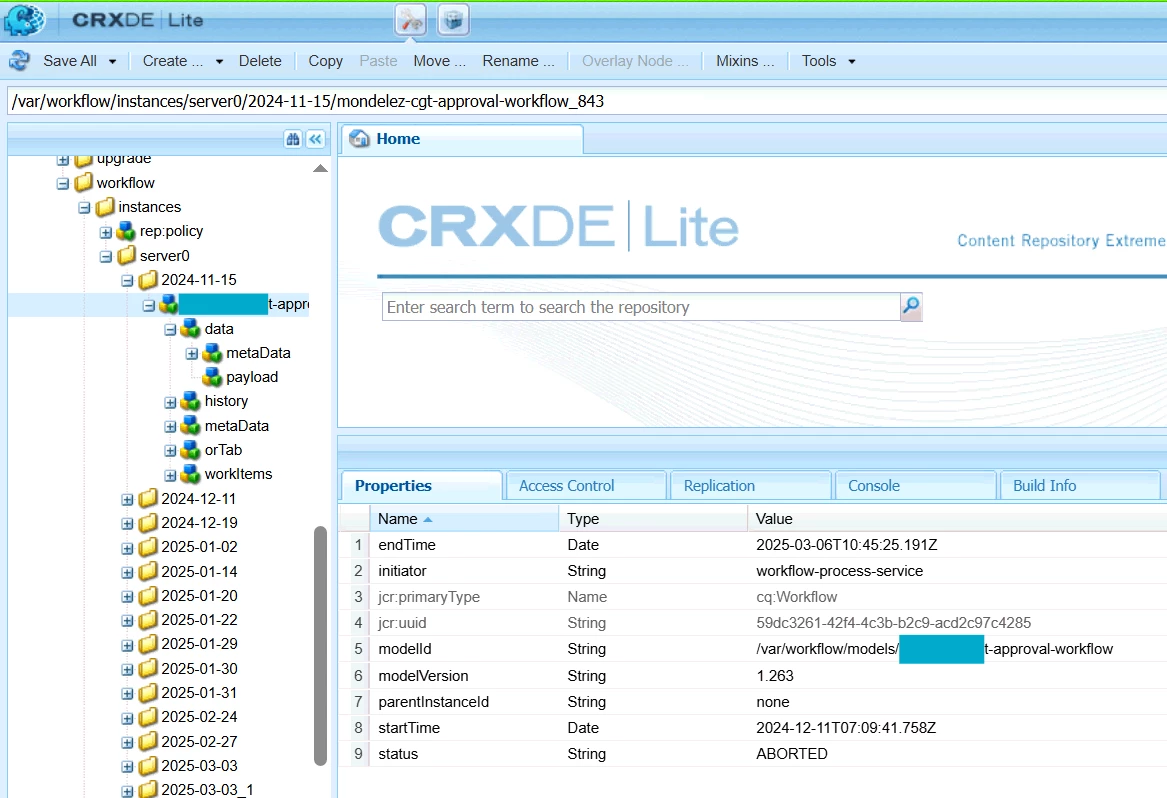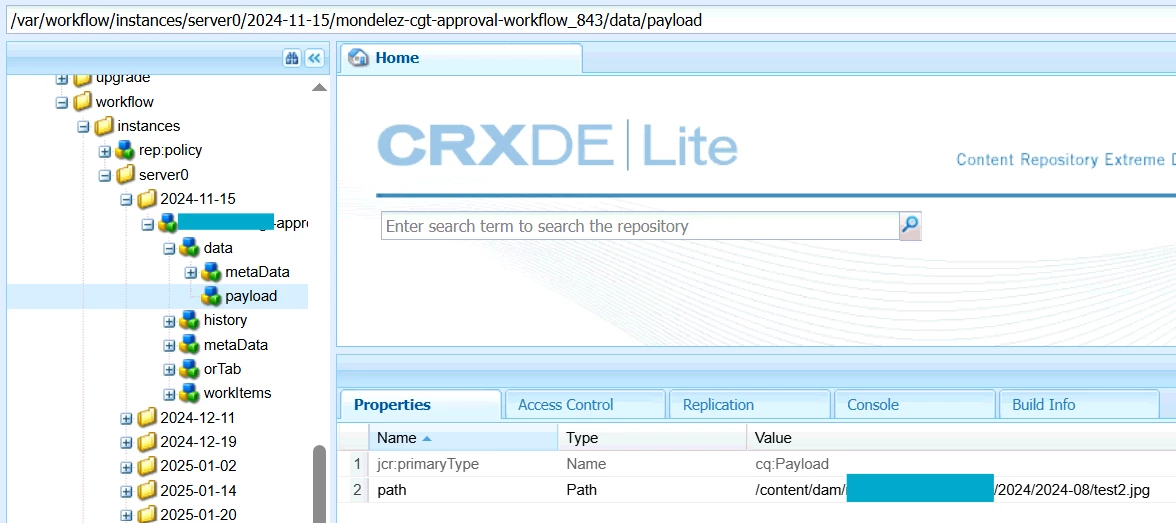To get list of published pages from a specific workflow
Requirement is to get list of pages published in last week only from a specific workflow only .
To get list of all completed workflows , I am referring JSP code present here -- /libs/cq/workflow/admin/console/components/datasource/workflowinstancedatasource/workflowinstancedatasource.jsp . "resource" (used at line 43 ) is getting injected here by Sling script engine during rendering but how can we get this "resource" in a Sling Job consumer service class ?

